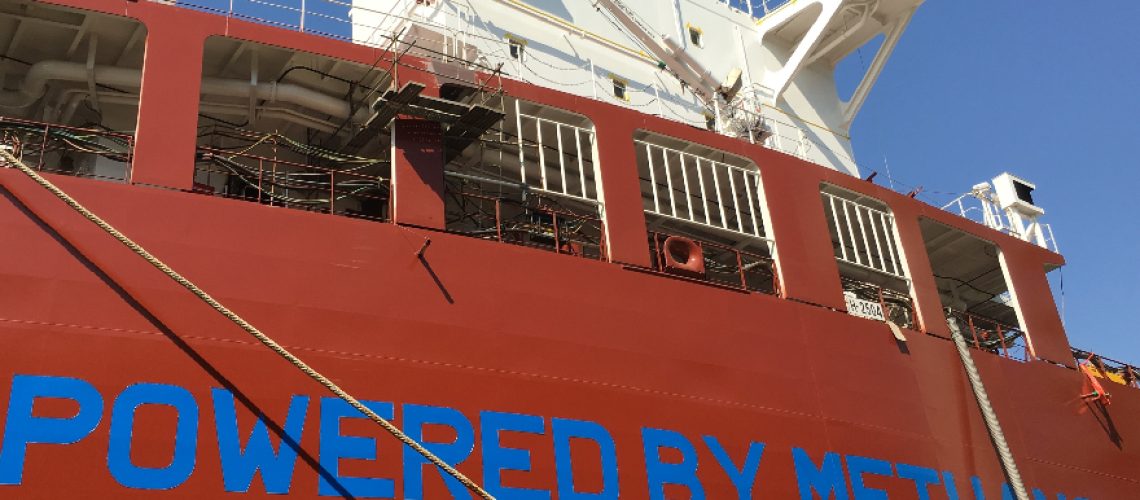Title: The Advantages and Challenges of Using Methanol as a Fuel for the Marine Industry
Methanol, also known as methyl alcohol, is a versatile and cost-effective fuel that is gaining popularity in the marine industry. As an alternative to traditional fossil fuels, methanol is considered a more sustainable and environmentally friendly option. In this article, we will explore the advantages and challenges of using methanol as a fuel for the marine industry.
Advantages of Methanol as a Marine Fuel:
Reduced Emissions:
Methanol has lower carbon and sulfur emissions than traditional fossil fuels such as diesel and heavy fuel oil. When used as a marine fuel, methanol can reduce sulfur oxide (SOx) and nitrogen oxide (NOx) emissions by up to 99% and 60%, respectively. This makes methanol an attractive option for meeting the International Maritime Organization’s (IMO) regulations on emissions from shipping.
Cost-Effective:
Methanol is abundant and widely available, making it a cost-effective fuel option for the marine industry. Methanol production also does not require the same level of processing and refinement as traditional fossil fuels, making it a more affordable and accessible option.
High Energy Density:
Methanol has a high energy density, which means it can provide a lot of energy per unit of volume. This makes it an efficient fuel choice for marine engines and helps to reduce fuel consumption.
Compatible with Existing Infrastructure:
Methanol is compatible with existing infrastructure, which means that ships can easily switch to using methanol without significant modifications or investments.
Challenges of Methanol as a Marine Fuel:
Flammability:
Methanol is highly flammable and requires special handling and storage to prevent accidents. Methanol fires are also difficult to extinguish, which can be a concern in the event of a fire on board a ship.
Corrosion:
Methanol is highly corrosive and can cause damage to some types of materials commonly used in marine engines and fuel systems. This can result in increased maintenance costs and reduced engine lifespan.
Lower Energy Content:
Methanol has a lower energy content compared to traditional fossil fuels, which means that more methanol is required to produce the same amount of power. This can result in larger fuel tanks and reduced cargo capacity for vessels.
Limited Availability of Infrastructure:
While methanol is compatible with existing infrastructure, there are currently limited methanol bunkering facilities and supply chains available in the marine industry. This can make it difficult and costly for ships to refuel with methanol.
Conclusion:
Methanol has several advantages as a fuel for the marine industry, including reduced emissions, cost-effectiveness, high energy density, and compatibility with existing infrastructure. However, there are also several challenges associated with using methanol as a marine fuel, including flammability, corrosion, lower energy content, and limited availability of infrastructure. As the shipping industry continues to seek more sustainable and environmentally friendly fuel options, methanol is likely to become a more popular alternative to traditional fossil fuels.






